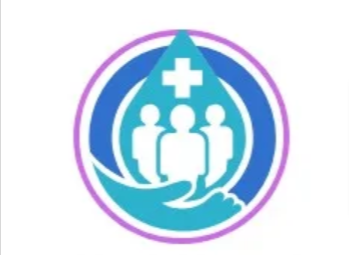ong-term care facilities, nursing homes, assisted living facilities, or other settings that cater to the needs of older adults.
The responsibilities
Assisting with Activities of Daily Living (ADLs): This includes helping with tasks such as bathing, dressing, grooming, and feeding.
Monitoring Vital Signs: Keeping track of vital signs like blood pressure, pulse, and respiratory rate.
Mobility Assistance: Assisting residents with mobility, transfers, and ambulation.
Providing Emotional Support: Offering companionship and emotional support to residents.
Reporting Changes in Health: Notifying the nursing staff or healthcare professionals about any changes in residents’ health status.
Assisting with Medication: Depending on the specific regulations and guidelines, GNAs may assist with medication administration under the supervision of a registered nurse.
Maintaining a Safe Environment: Ensuring the safety and well-being of residents by keeping their environment clean and hazard-free.
Requirements
Education: Typically, a high school diploma or equivalent is required to pursue training as a GNA. Some programs may have specific educational prerequisites.
Training Program: Completion of a state-approved training program for nursing assistants is usually required. These programs are offered by vocational schools, community colleges, or healthcare facilities. The curriculum covers topics such as patient care, communication skills, and basic medical procedures.
Clinical Experience: GNA training often includes a hands-on clinical component where students gain practical experience working with patients in a supervised setting.

